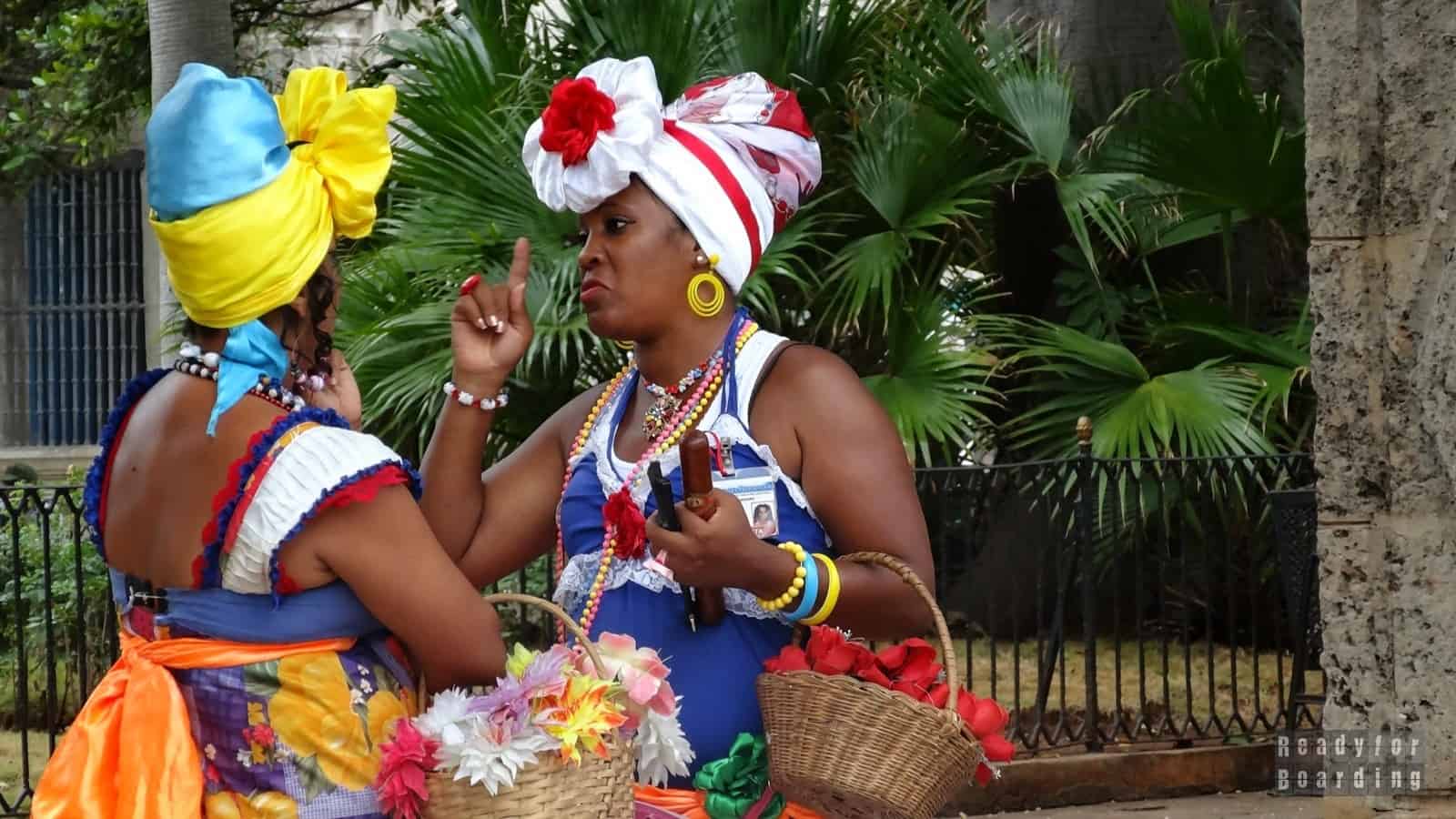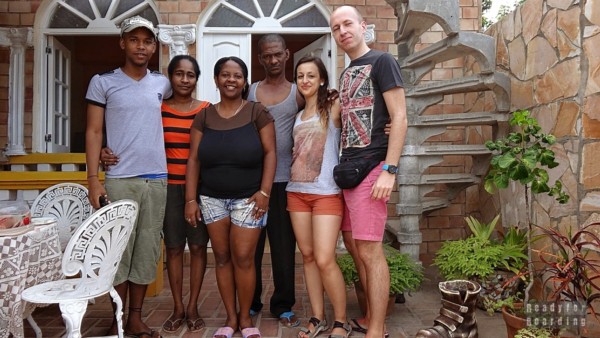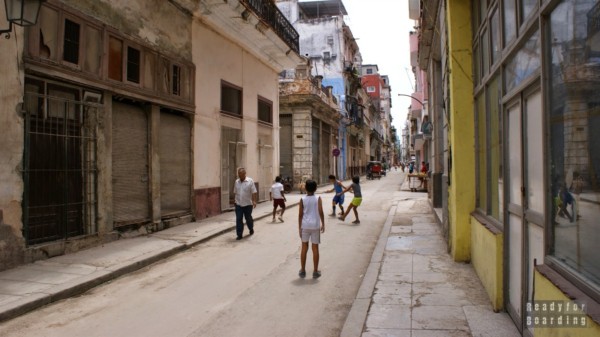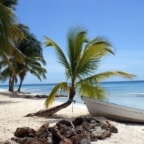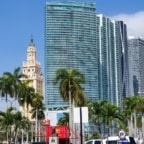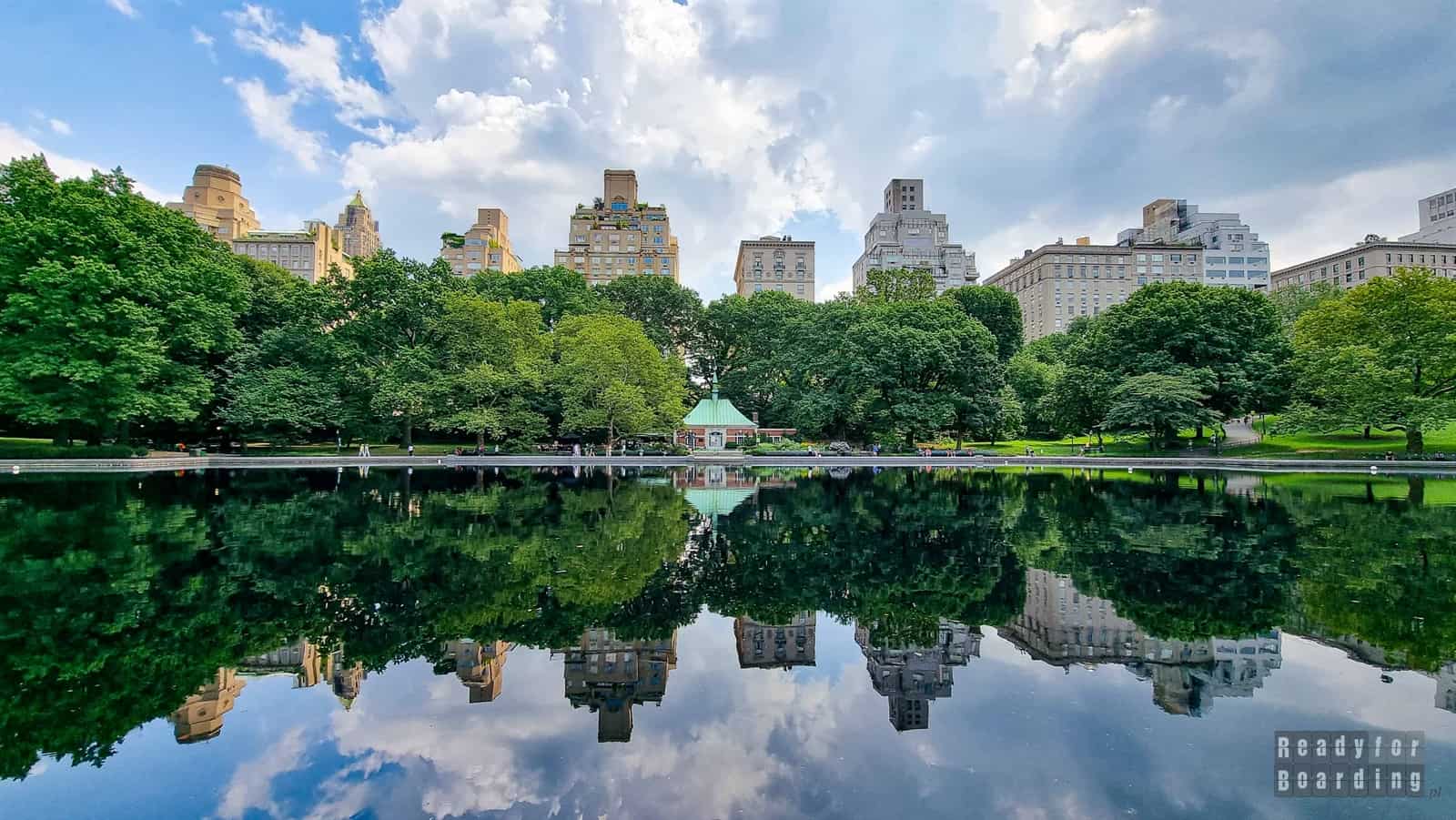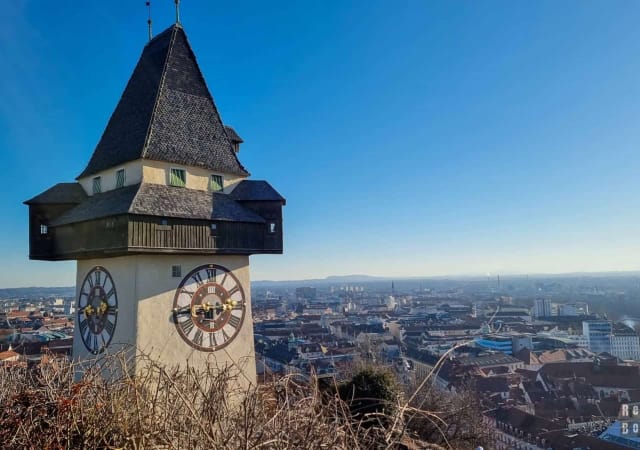Are you planning a trip to Cuba? Want to explore the island on your own and meet Cubans?
In this post, we provide useful information about cultural differences, similarities, as well as what surprised and saddened us personally in Cuba.
Cuba
has always been on our list of “To Do” destinations, a little for its exoticism (the Caribbean, after all), a little after the Dominican Republic (we knew we’d return to the area). A little also due to Dirty Dancing 2-style movies and Cuban rhythms that made us want to feel the vibe. For rum and cigars alone we wouldn’t fly that far :) As we mentioned in one of the initial posts, the warming of relations between Havana and Washington, D.C., motivated us even more to buy tickets (in order to make it in time for all these changes).
Cuba and Cubans
During the trip, we met many Cubans, preferably the ones we stayed with overnight. We often had trouble communicating in English, it’s certainly easier when you know Spanish (this was one of those trips where we rose to the heights of speaking an unfamiliar language). Nevertheless, they showed a great willingness to communicate and “somehow” got along. Nevertheless, we recommend that you remind yourself of Spanish in the following areas: numerals, time, foodstuffs (more than the basics you won’t need), asking for directions, directions…. So much is enough to survive :)
We got to know Cubans from the good and bad side…. As probably everywhere in the world there will be those who are there to help and those who just want to make money. The people we stayed with, in the restaurants, were very helpful. They made delicious food, chatted, talked about how they were living and were eager to hear about Poland. They are curious about the world, about the changes that are taking place (several people asked exactly how Poland managed after socialism) and you can see that they are hopeful about the changes to come. For them, it’s a big opportunity – not only to earn money from tourism, but a chance for a better life, access to products, education, information. In addition, they learn languages by talking to us, which will allow them to develop their tourism business.
Unfortunately, however, it is necessary to remain vigilant. Especially in big cities, where there are a lot of swindlers, people who will want to exchange currency, enlist for salsa nights, etc. You should always keep an eye on your belongings if you don’t want to have problems returning to your country ;) We had several situations that someone almost forcibly wanted to enter the car or extort money from us. In such situations, you have to be firm and just walk away.
Also, don’t be fleeced, especially in Havana, by the so-called “”halo”. salsa nights. We were warned about this shortly after our arrival…. And several times they tried to string us along. Once, out of sheer curiosity as to what a stitch was, we went to such an “evening” during the day. They led us to some seedy bar, where music was playing from a loudspeaker and some elderly Cuban woman was dancing salsa. Our “guides” wanted us to order something to eat and drink there right away, also to them…. Najs traj :)
Typically, the apartments we stayed in were prepared to the highest Cuban standards. The word ‘Cuban’ is used here intentionally. Something that is considered the height of kitsch in our country (such as pink pillows with hearts) is a luxury good in their country. Soap and toilet paper were also not always available, and if they were, they were in modest quantities.
Many times we – the guests – slept in good conditions, had a lavish table, while the owners spent all their time in small cubicles, with dilapidated furniture and barely functioning equipment. Their houses and apartments are perpetually open, because everyone has the same thing anyway.
One neighbor specializes in rocking chairs and everyone has a chair from him. Another makes ornaments and they will be found in almost every apartment. But it is the tourist who gets the most comfortable bed, thermoses of warm milk and coffee, which in our country only reminds us of the communist era. Tourists can feel like a king and for $20 a night.
Also, don’t be surprised that at every casa particular they will ask you for your passport – they are required to keep records of visitors, which they are held accountable for by the State.
It is in vain to look for “black market” accommodation here – everything must be done legally. You can easily distinguish between the cassas that receive guests: first, they are prettier (usually), and second, they have a distinctive blue badge at the entrance.
Nothing, which is a lot?
You may think that Cubans have nothing, and according to us they have quite a lot…. They have, first of all, time, they have neighbors, they have family. They spend time in front of the house, but they spend it together. We had the feeling that in Cuba time goes slower, everyone will chat, stop, and doesn’t have to rush anywhere. And while progress is being seen, younger generations are flying with smartphones, they are not addicted to them.
Cubans have smartphones with prepaid internet, which is limited anyway. Interestingly, they are more likely to access the Internet via phones than computers (that’s just a luxury!). You can’t check the weather, directions or the best pub in the area at any time. When we asked Cubans what the weather would be tomorrow, we always heard the same answer: “I don’t know, it will be on the eight o’clock news” :)
We remembered what it was like to drive around with a map, use landlines, watch TV on a small tube TV without a remote control, and not always have towel papers, tissues or at least access to products in stores.
Yes, life is very different here, poorer one might think, but how much richer. Everyone knows each other well, everyone helps each other, and we living in big cities don’t even know our neighbors by name.
It’s also true that they simply have less, and no matter how much they earn, they still won’t get some products. In Cuba, you’ll find stores where purchases are made with cards, but you can also pay in local currencies: CUP and CUC. They offer basic products that are relatively cheap (flour, bread, canned goods, sugar, eggs). It is from these basic products that you will buy sandwiches, pizzas in the windows :) However, there are times when the stores shine empty, and suddenly during the day there is a long queue out of nowhere, because something has arrived.
There are also stores where you get sodas (Coca Cola is already in Cuba!), chemicals and cosmetics, better food, but of course they are relatively more expensive. Here the shelves are full and prices are close to European ones. You can read about CUP and CUC prices and currencies here.
Cubans are managing somehow, they have been living in such a reality for a nice couple of decades, but they are increasingly aware of what is happening in the world and that it is possible to live better (or just differently). It is with hope but also with fear that we observe what is happening in Cuba. How will they take advantage of the removal of barriers? Will the stratification of society worsen? Will they be able to take advantage of the changes that are coming? We will certainly find out quite soon.
We are keeping our fingers crossed with all our might that they succeed :)

